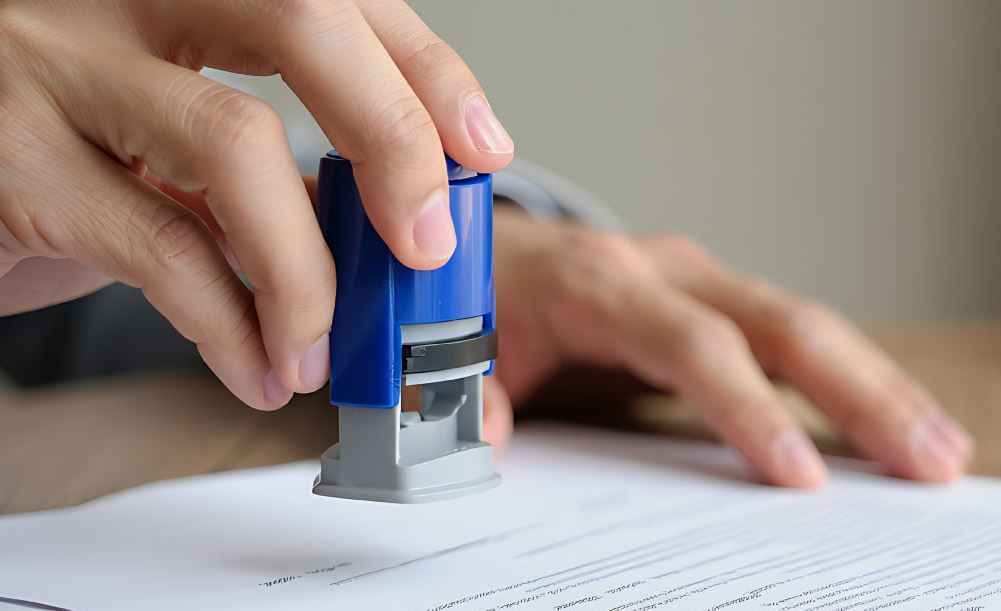Ever wondered why some firms stick to their old-school habits even in a digital era? It's wild how, amid all the automation, certain companies still use physical tools to run their show. One of them is the signature stamp — small, simple, yet a big deal in some offices. When it comes to finances, especially check approvals, that little rubber stamp still carries authority. The story behind it isn't about laziness or nostalgia. It's about speed, control, and trust — all rolled into one subtle corporate move.

A Shortcut to Business Speed
Time is brutal in the corporate world. Every delay can ripple into missed payments, late fees, or frustrated vendors. That's where a signature stamp steps in. Instead of chasing an executive for approval, the stamp does the job instantly. It's like having their presence without waiting for their hand. The routine flows smoother when finance teams don't pause for signatures. That's why many businesses use Signature Stamps for Checks, cutting the friction out of endless approvals. It's not just convenience — it's business efficiency in a box.
Trust in a Controlled System
Let's face it, not every manager signs every check personally. They set rules, limits, and protocols. The stamp becomes part of that controlled ecosystem. It's kept under lock and key, accessible to only a few trusted hands. The logic is simple — trust the system, not the person. It's about maintaining order without losing oversight. So, while it might look like a risk, it's actually discipline disguised as convenience. That control is what keeps many firms grounded in routine while moving fast.
The Quiet Role in Daily Operations
Most outsiders never notice the tiny moments that keep a business alive. In accounts departments, it's not fancy software doing all the heavy lifting — sometimes it's simple tools that never fail. The signature stamp works quietly, every day, marking approval, confirming trust. It bridges the gap between hierarchy and execution. While executives deal with strategy, this tool keeps the gears turning underneath. It's not glamorous, but it's the kind of practical that keeps the lights on and vendors happy.
When Tradition Meets Modern Logic
Some business habits stick not out of stubbornness, but because they work. The signature stamp is one of those odd survivors. It's old-fashioned but deeply practical. In a way, it shows how companies adapt tradition into modern flow. Technology might take over someday, but not just yet. For now, that ink mark still means authority, trust, and action — all in one press.
Conclusion
At the end of the day, companies don't cling to stamps for nostalgia. They use them because they deliver what the digital sometimes forgets — simplicity. It's a subtle reminder that progress doesn't always mean replacing what works; sometimes, it's about blending it in.






